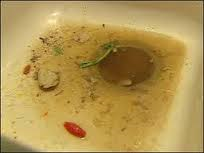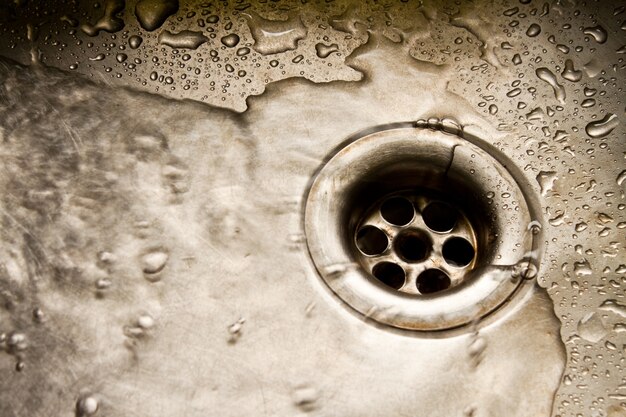clogged drain
hardenburgh plumbing

clogged drain-5 common causes
Dealing with a clogged drain can be a frustrating experience. When water starts to back up or drains slowly, it can disrupt your daily routine and cause inconvenience. Understanding the common causes of clogged drains can help you prevent future blockages and keep your plumbing system in good working condition. Here are some of the most common causes of clogged drains:
- Hair: One of the primary culprits behind clogged bathroom drains is hair. As hair accumulates in the pipes, it can bind with other debris and form stubborn clogs.
- Soap residue: Soap scum can build up over time and obstruct the flow of water down the drain. This is especially common in shower drains.
- Grease and oil: Pouring grease or oil down the kitchen sink may seem convenient, but it can lead to major clogs. As grease cools, it solidifies and sticks to the pipes, reducing their diameter and causing blockages.
- Food waste: Food particles that go down the drain can accumulate and form clogs in the kitchen sink. Avoid disposing of large quantities of food scraps at once to prevent blockages.
- Tree roots: In some cases, tree roots can infiltrate underground pipes and cause blockages. This is especially common in older homes with clay pipes.
DIY Solutions for Clearing Clogged Drains
Boiling water
One of the simplest and most cost-effective ways to unclog a drain is by pouring boiling water down it. Boiling water can help dissolve grease and melt away small obstructions. This method works best for clogs caused by grease or soap scum.
Baking soda and vinegar
A combination of baking soda and vinegar can create a natural, foaming reaction that helps break down clogs. Start by pouring boiling water down the drain, followed by half a cup of baking soda. Let it sit for a few minutes, and then pour a mixture of equal parts vinegar and hot water down the drain. Finish by flushing the drain with more boiling water to remove any remaining debris.
Plunger
A plunger is a versatile tool that can be used to clear clogs in both sinks and toilets. To use a plunger, ensure that there is enough water in the sink or toilet to cover the rubber cup of the plunger. Position the plunger over the drain and vigorously plunge up and down for about a minute. The suction created by the plunger can dislodge the clog and restore proper drainage.
Drain snake
A drain snake, also known as a plumber’s snake, is a flexible tool that can be inserted into the drain to physically break up or remove the clog. Insert the end of the drain snake into the drain until you feel resistance, then rotate the snake to break up the clog. Pull out the snake, along with the debris, and flush the drain with water to ensure it is clear.
Tips for Preventing a Clogged Drain

Prevention is key when it comes to avoiding clogged drains. By following these simple tips, you can reduce the likelihood of blockages and maintain the optimal functioning of your plumbing system:
- Use drain covers or strainers to catch hair, food scraps, and other debris before they enter the drain.
- Avoid pouring grease, oil, or coffee grounds down the sink.
- Regularly clean drain stoppers and overflow plates to remove any buildup.
- Dispose of food waste properly by using a compost bin or garbage disposal.
- Avoid flushing non-biodegradable items, such as wet wipes or sanitary products, down the toilet.
- Have your plumbing system regularly inspected and maintained by a professional.
When to Call a Professional
While DIY solutions can alleviate minor clogs, there are certain situations where it is best to seek the assistance of a professional plumber. Consider calling Hardenburgh Plumbing under the following circumstances:
- If the clog is severe and persists after attempting DIY methods.
- If you have an older plumbing system that may require specialized knowledge.
- If you suspect tree roots or other major obstructions are causing the clog.
- If you are unsure about the cause of the clog or how to address it.
Hardenburgh plumbing has the experience and specialized tools necessary to effectively clear stubborn clogs and identify any underlying issues with your plumbing system. We can also provide valuable advice on maintenance and preventative measures to reduce the risk of future clogs.